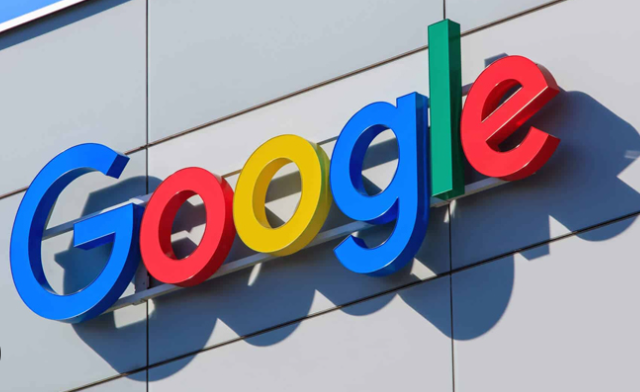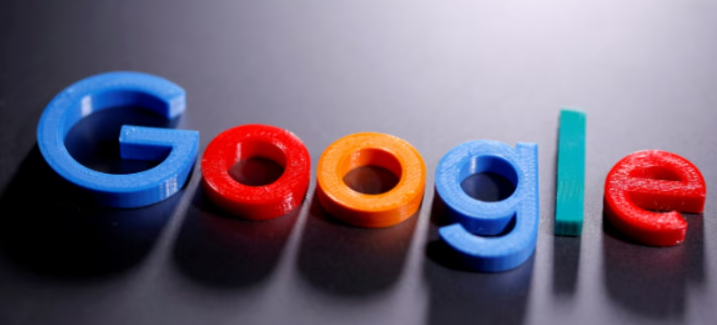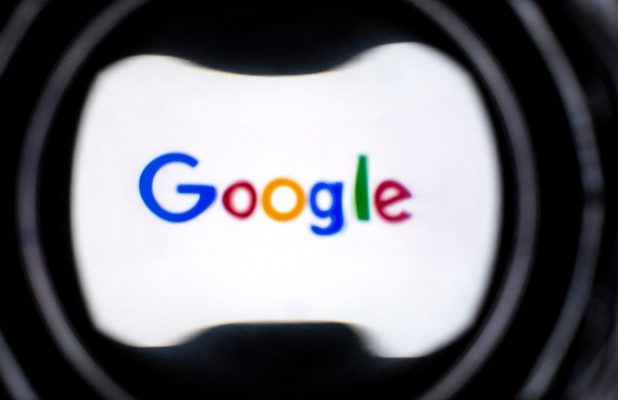Google Slammed: 250-Million-Euro French Fine Strikes Blow in News Copyright Battle
Google Slammed: Massive 250-Million-Euro French Fine Strikes Blow in News Copyright Battle
French regulators announced on Wednesday that Google is facing a hefty fine of 250 million euros ($272 million) for violating commitments regarding payments to media companies for the reproduction of their online content and for utilizing their material in its AI chatbot without proper notification.
In 2022, Google had committed to fair negotiations with French news organizations, following a 500-million-euro fine imposed by the Competition Authority over a longstanding dispute. French magazines, newspapers, and Agence France-Presse (AFP) had filed a case with the regulator in 2019.

As per the commitments, Google was obligated to offer transparent payment terms to news groups within three months of receiving a copyright complaint. However, the regulator found Google in breach of four out of seven commitments made in 2022, accusing the tech giant of failing to negotiate in good faith with news publishers.
Additionally, Google was found to have utilized content from press agencies to train its artificial intelligence platform without informing them or the authority. The watchdog noted that Google neglected to provide publishers and news agencies with a technical solution to object to the use of their content, impeding their ability to negotiate remuneration.
In response to the identified failings, Google agreed not to dispute the facts and proposed corrective measures as part of the settlement process. However, the company deemed the fine disproportionate, asserting that it did not adequately consider their efforts to address the concerns raised.
Google highlighted its efforts to resolve the issue, citing the signing of numerous licensing agreements with 280 French news publishers under the European Copyright Directive. Despite this, the company expressed its readiness to move forward, emphasizing the need for greater clarity in negotiations with publishers, particularly regarding the types of media requiring compensation.
The European Union’s introduction of neighboring rights in 2019 allowed print media to demand compensation for the use of their content, with France serving as a test case for these rules. Following initial resistance, both Google and Facebook agreed to pay French media for articles displayed in web searches.
Marina Ferrari, the French government’s secretary of state for digital affairs, underscored the importance of reliable and trustworthy information, emphasizing the cost associated with producing such content. Former AFP head Pierre Louette echoed this sentiment, advocating for fair remuneration for publishers rather than continued fines.
In light of the challenges posed by unclear regulatory guidance and repeated enforcement actions, Google called for more clarity regarding which media outlets require compensation. The company emphasized the need for all parties to plan towards a sustainable business environment in negotiations with publishers.
Beyond France, other European Union countries have also raised concerns about its treatment of news content. Spain’s competition watchdog initiated an investigation into it last year for alleged anti-competitive practices affecting news agencies and press publications. Meanwhile, Germany’s antitrust regulator shelved an investigation into Google’s News Showcase service in 2022, following adjustments made by the tech giant to address competition concerns.
The ongoing scrutiny and legal challenges faced by it over its handling of news content extend beyond France to other European Union countries as well. In Spain, the competition watchdog launched an investigation into Google last year, focusing on allegations of anti-competitive practices that impact news agencies and press publications. This investigation reflects broader concerns within the EU regarding the dominance of tech giants and their impact on the media landscape.
Similarly, in Germany, News Showcase service came under regulatory scrutiny, prompting an investigation by the antitrust regulator. However, following adjustments made by Google to address competition concerns, the investigation was shelved in 2022. These developments underscore the complex regulatory environment in which tech companies operate, particularly concerning their relationships with news publishers and the broader media industry.
For the latest updates-click here.
